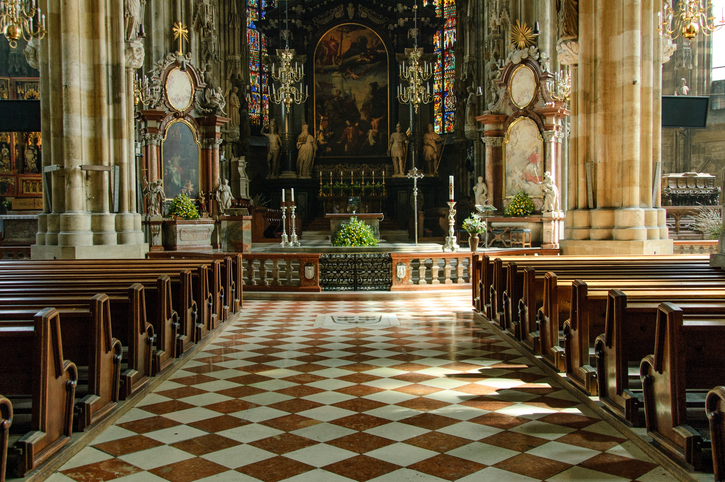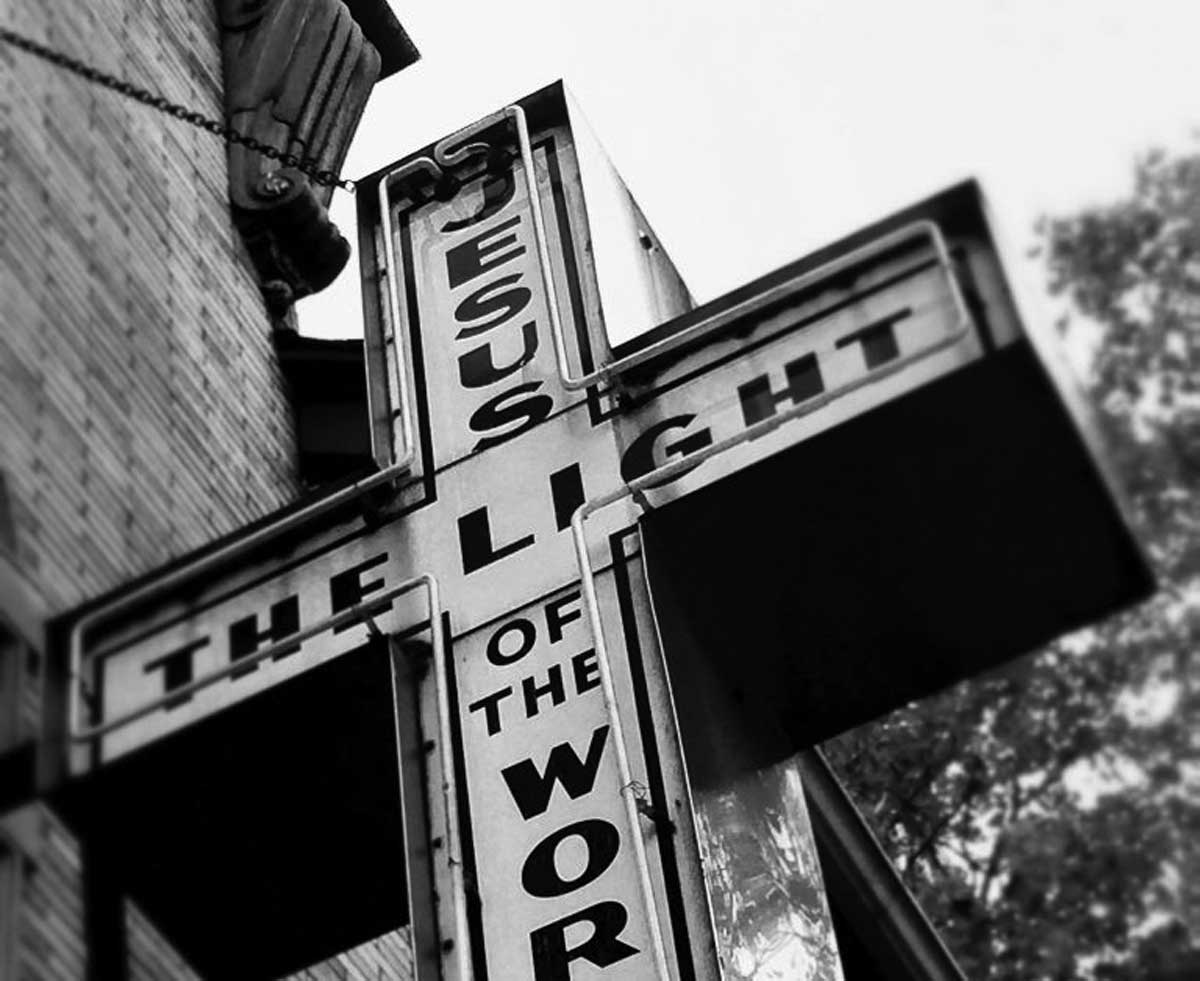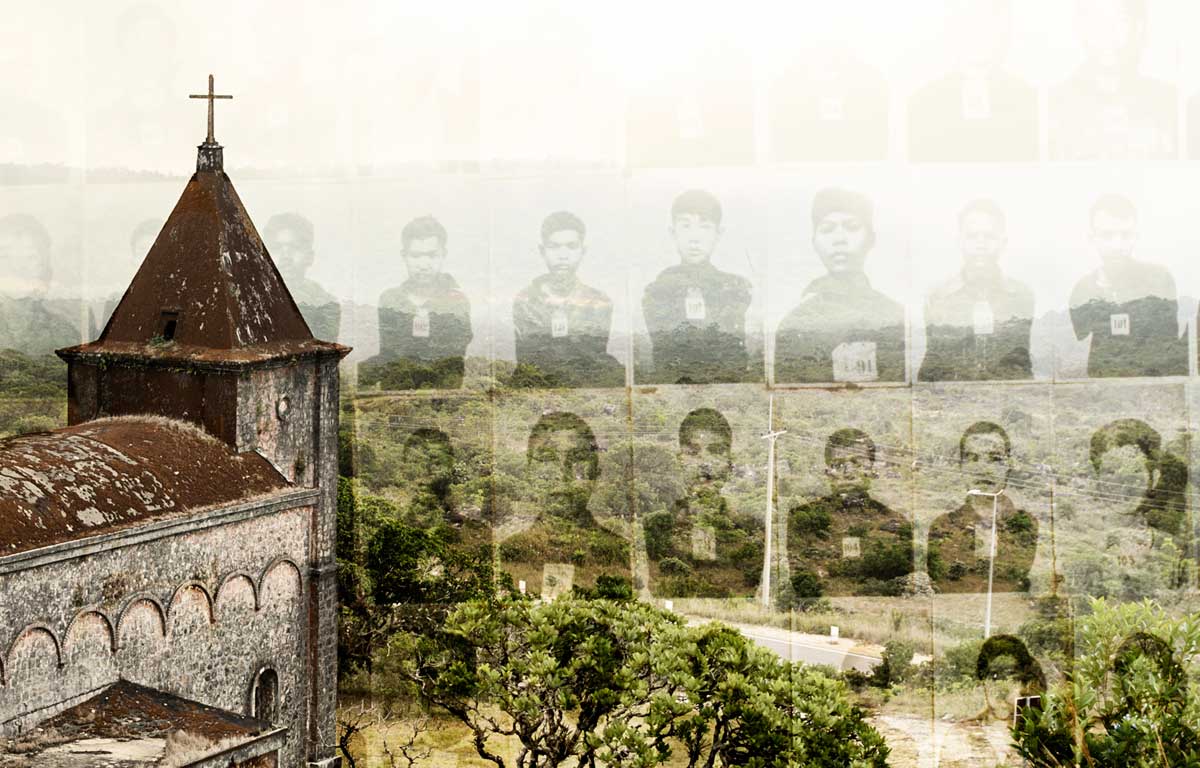The Triune God
The Triune God: An Ecumenical Study
by E. L. Mascall
Worthing, West Sussex: Churchman Publishing, 1986
Available in Canada from Jonathan Gould Books, Winnipeg, Manitoba. 86 pages.
reviewed by John Thompson
“In the name of the Father and of the Son and of the Holy Spirit. Amen.” A familiar liturgical formula for all of us, no doubt. Yet this most basic Christian belief—the doctrine of the Holy Trinity—has long been only shallowly understood by clergy and laity alike. For many, the disputes between the Orthodox East and the Catholic and Protestant West seem to be based on unprovable philosophical and theological irrelevancies. How many Christians, for example, feel that they have a good grasp of the distinction drawn between the teachings that the Son is “begotten” by the Father and that the Holy Spirit “proceeds” from the Father (or is it from the Father and the Son, as the Western version of the Nicene Creed reads)? Yet, the problem of the Filioque (“and the Son”) clause has been a point of passionate dispute between Eastern and Western Christians for over a millennium. How obscure these issues seem to most Christians today!
In this short volume, however, the distinguished Anglican theologian Eric Mascall has shown how relevant the issues actually are, and has done so in a way that is intelligible to any interested person with some basic understanding of Christian doctrine. (I use the word “interested” here with some hesitation, since concern for these issues on the part of educated Christians seems to be generally lacking. After all, when was the last time you were tempted to pick up a book on the doctrine of the Trinity?)
From the outset, Dr. Mascall points out that differences between East and West on the nature of the Trinity are not restricted to the issue of the Filioque clause. Anyone familiar with this issue is aware of the oceans of ink that have been spilled on the issue of whether the Holy Spirit proceeds “from the Father” (as the Eastern church teaches and the original version of the Nicene Creed reads) or “from the Father and the Son” (as the Catholic and Protestant versions of the Creed usually read). The dispute goes much deeper. Eastern theologians have accused the West of a tendency to obliterate distinctions between Persons of the Holy Trinity; their Latin counterparts, on the other hand, hold that the Eastern Churches are open to the charge of tritheism for their tendencies in the other direction. For Mascall, the issue revolves around the nature of the relations between persons—in this case, the Persons of the Holy Trinity. This is the major theme of the book, and it may be the area in which the layperson has the most to learn from Dr. Mascall, particularly as he discusses analogies for relations within the Trinity developed by Christian thinkers from St. Augustine to Dorothy Sayers.
For those who are still not convinced that this basic Christian belief is “relevant” enough, Mascall points out how the development of our thinking about the Persons of the Trinity has contributed to the basic understanding of human personhood—presumably a more interesting topic for most of our contemporaries. He cites Vladimir Lossky, who says of the “personal quality which makes every human being unique . . . : This idea of person comes to us from Christian theology. The philosophy of antiquity knew only human individuals.” (p. 26)
Throughout the book, Dr. Mascall’s methodology is worth noting for anyone who is interested in dealing with theological issues in an ecumenical context. One does not need to read very much church history to realize that many of the theological statements made on the matter have served more often as barriers than as bridges. This makes Mascall’s approach all the more refreshing:
On the cardinal points of Christian belief, orthodoxy consists in holding together two notions which might well seem to be mutually incompatible, but that if we enquire how they must be understood if they are not to be incompatible, we shall acquire a much more profound understanding. (p. 16)
He decries, for example, the way that some scholars interpret dogmatic statements from East and West “not as different insights to be diligently explored and assimilated but rather as contradictory ultimata to be accepted or rejected.” (p. 58)
A note of caution here: The Triune God is more than simply a rehash of familiar teachings. This is something much to be appreciated. There is something new here. There is a clear sense in this book, based on theological developments in the last few decades, that we may be remarkably close to resolving some theological aspects of the longstanding rift between East and West. (This is not to say that other issues—political and jurisdictional, for example, would effortlessly dissolve.) But no resolution can be achieved by trivializing the differences. He responds angrily, for example, to those in Anglican circles who advocate simply dropping the Filioque clause from the Nicene Creed so that “if dropping the Filioque will mollify these troublesome Orthodox, then for goodness’ sake let’s do it.” “This attitude,” he says, “seems to me to be both shortsighted and offensive.” (p. 58) At the same time, however, he criticizes those in Orthodox circles who tend
to ascribe to the Filioque almost everything they have come to dislike in the West: natural theology, papal absolutism, the confusion of the Spirit with human subjectivity, and (almost entirely fictitious) the notion that grace is a purely created entity. (p. 70)
John Thompson is a librarian and professor at Waynesburg University, Waynesburg, Pennsylvania
subscription options
Order
Print/Online Subscription

Get six issues (one year) of Touchstone PLUS full online access including pdf downloads for only $39.95. That's only $3.34 per month!
Order
Online Only
Subscription

Get a one-year full-access subscription to the Touchstone online archives for only $19.95. That's only $1.66 per month!
bulk subscriptions
Order Touchstone subscriptions in bulk and save $10 per sub! Each subscription includes 6 issues of Touchstone plus full online access to touchstonemag.com—including archives, videos, and pdf downloads of recent issues for only $29.95 each! Great for churches or study groups.
Transactions will be processed on a secure server.
more on ecumenism from the online archives
more from the online archives
calling all readers
Please Donate
"There are magazines worth reading but few worth saving . . . Touchstone is just such a magazine."
—Alice von Hildebrand
"Here we do not concede one square millimeter of territory to falsehood, folly, contemporary sentimentality, or fashion. We speak the truth, and let God be our judge. . . . Touchstone is the one committedly Christian conservative journal."
—Anthony Esolen, Touchstone senior editor













